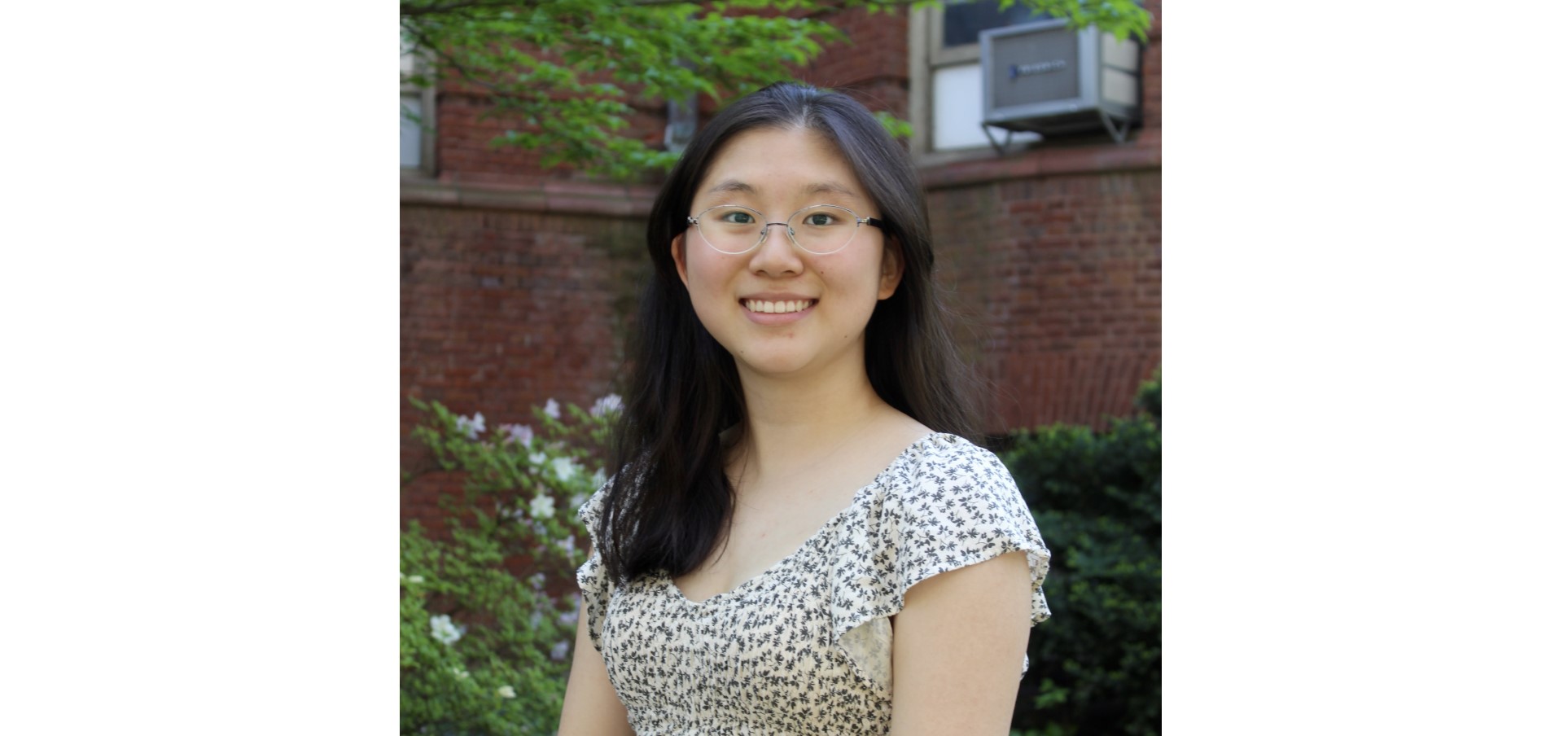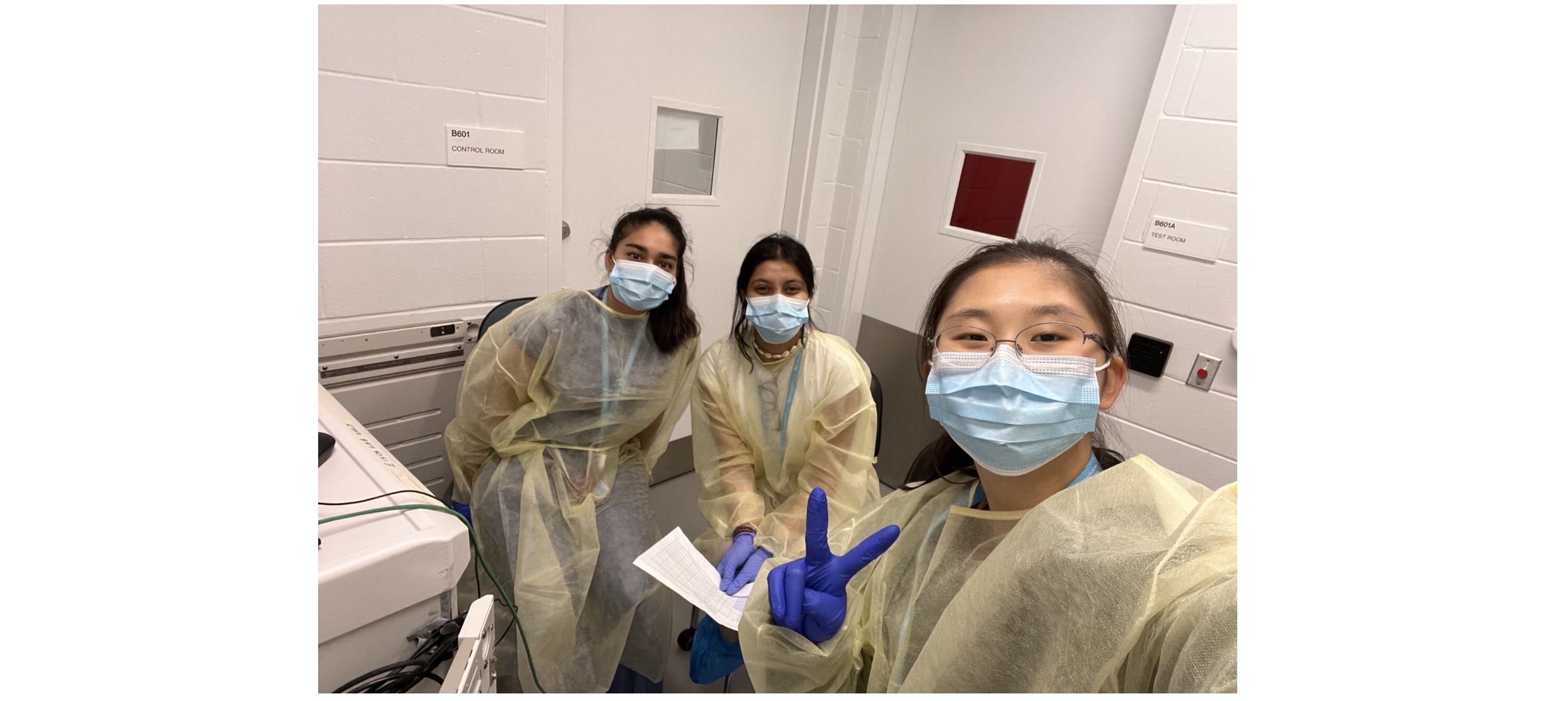
Yerahm Hong ('26) is a Biomedical Science major who conducted research on the mechanisms involved in childhood epilepsy under the mentorship of Dr. Ethan Goldberg (Department of Neurology) and Dr. Amelia Eisch (Department of Anesthesiology and Critical Care). This research was conducted through the Penn Undergraduate Research Mentoring Program (PURM).
My research topic investigated the mechanisms of childhood epilepsy through mouse models, and the particular disease that my project focused on was called Dravet Syndrome (DS). Initially when I applied to PURM, I was drawn to the field of neuroscience because of a course I took in the spring of my freshman year: Introduction to Brain & Behavior. Taking a formal intro course helped me get exposed to the research techniques that I wanted to explore through PURM. Neuroscience is important to me because conducting research in this field has made me realize just how much and how little we know about the brain. I learned that neuroscience research is quite difficult because though the brain is arguably the most important organ, it is so hard to “figure out”: the connection between the presentation of clinical symptoms and the underlying pathology inside the brain is often unclear.
I was placed in a unique position of working on a collaborative project between two labs—the Eisch and Goldberg Labs (one floor apart!). I found that my mentors each had unique mentorship styles; I felt that I got to experience both hands-on and hands-off styles of mentorship all at once. My mentors challenged me to think like a scientist and actually understand what I was doing in the grand scheme of things, which I really appreciated. I think the most rewarding part was being able to work alongside my mentors’ research not merely as an adjunct but as an integrated team member.

Through the program, I also got to meet other undergraduates and lab members at different stages in their research careers (grad students, MD-PhD students, postdocs, etc). These experiences helped me expand my knowledge in the field I was studying and get to learn more about the career path of a research-scientist. With regards to the Penn community, getting to talk to fellow PURM students outside of my field and being able to relate to each other’s struggles in research helped create a sort of unspoken but felt camaraderie—a shared experience—of all of us having our first intensive research experiences together.
I think the most challenging part of my experience was figuring out my work-life balance as a student researcher. PURM was actually my first full-time job ever, and with that came the learning curve of figuring out how to manage my time inside and outside of the lab. Some days I felt the pressure to work longer hours for my experiments (and some days this was required) whereas on other days I found myself having to keep myself accountable in my data analysis. Talking with my PIs and other lab members about how work-life balance might look different for different people helped put things into perspective. I took advice about how to delineate my time so that I could show up to the lab to be my most productive self. It helped me become a better time manager.
I highly, highly recommend PURM because it helps you learn what exactly a researcher does: it fully helps immerse you in the experience, especially if you have a mentor who cares about you learning what it means to be a researcher and encourages you to bring your ideas into the lab. - Yerahm Hong
Interested in reading more first-hand accounts about undergraduate research? Check out the other experiences featured on our Student News Page and Social Media!
Related Articles
Penn alumnus named 2025 Samvid Scholar
11/20/2024
The Importance of Community in Research
11/18/2024
Seyoon Chun ('26), a History major, conducted public health research under the mentorship of Dr. Andy Tan (Department of Communication) on how tobacco companies target members of the LGBT community. This research was supported by the Penn…
Penn fourth-year Om Gandhi is a 2025 Rhodes Scholar
11/17/2024
Penn fourth-year Om Gandhi, from Barrington, Illinois, has been awarded a 2025 Rhodes Scholarship, which funds tuition and a living stipend for graduate study at the University of Oxford in England. He is among 32 American Rhodes Scholars, and an…